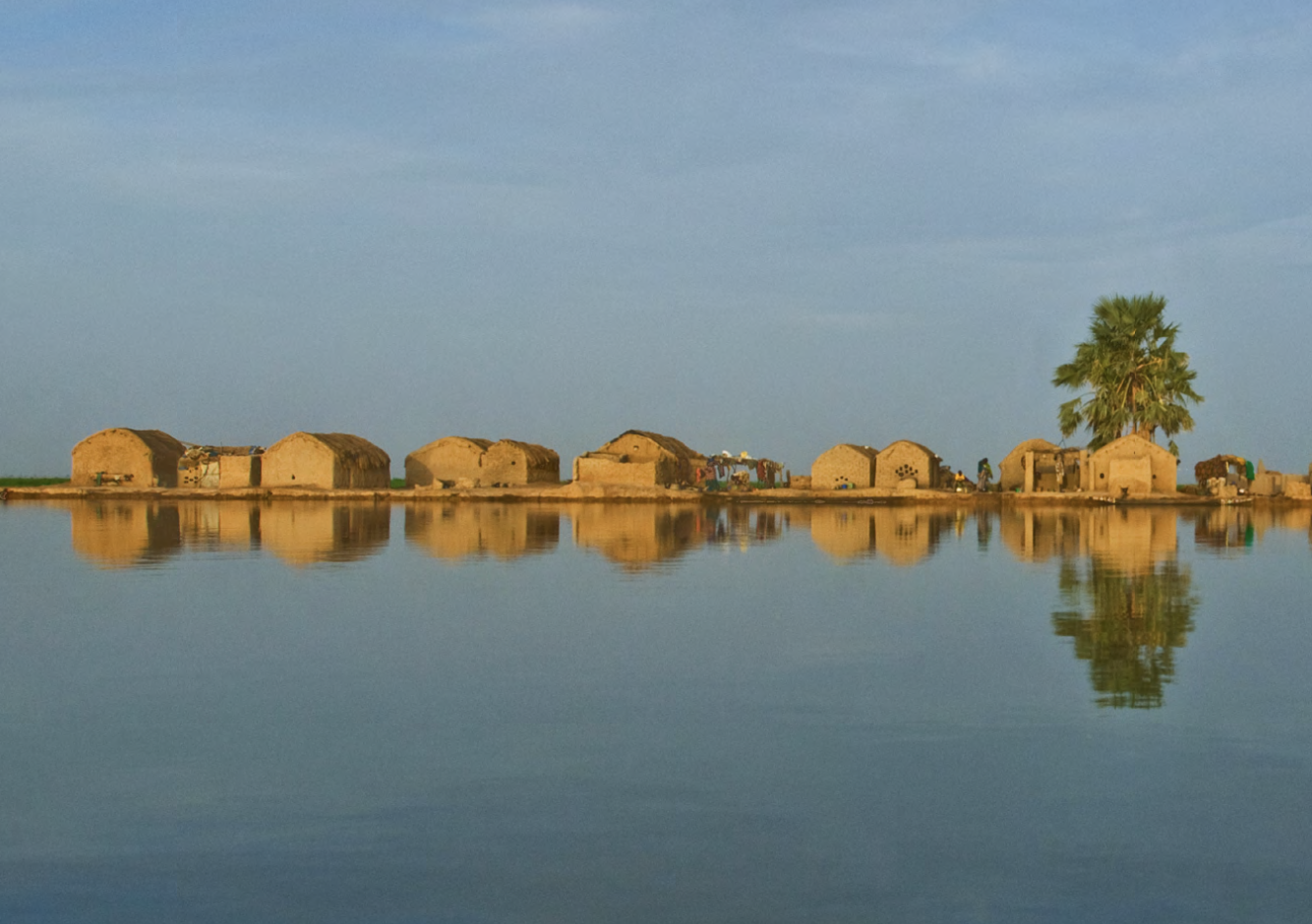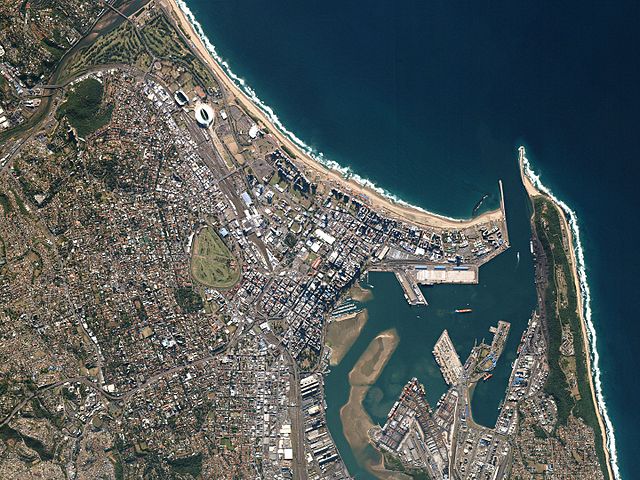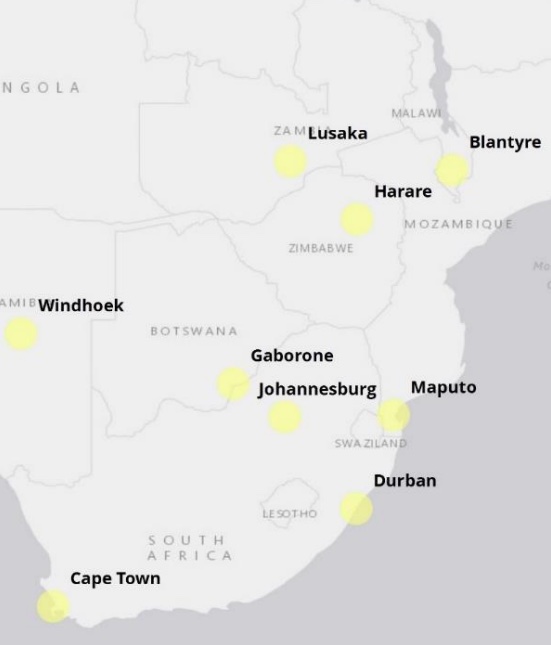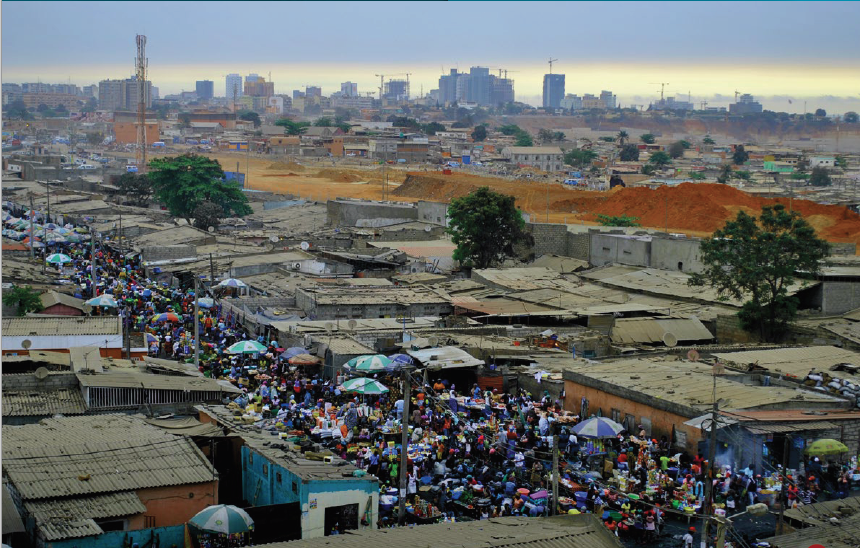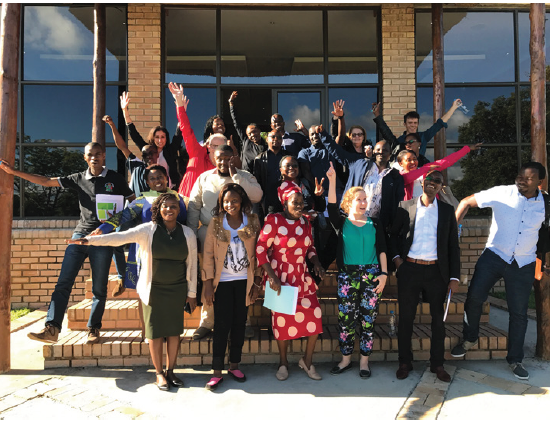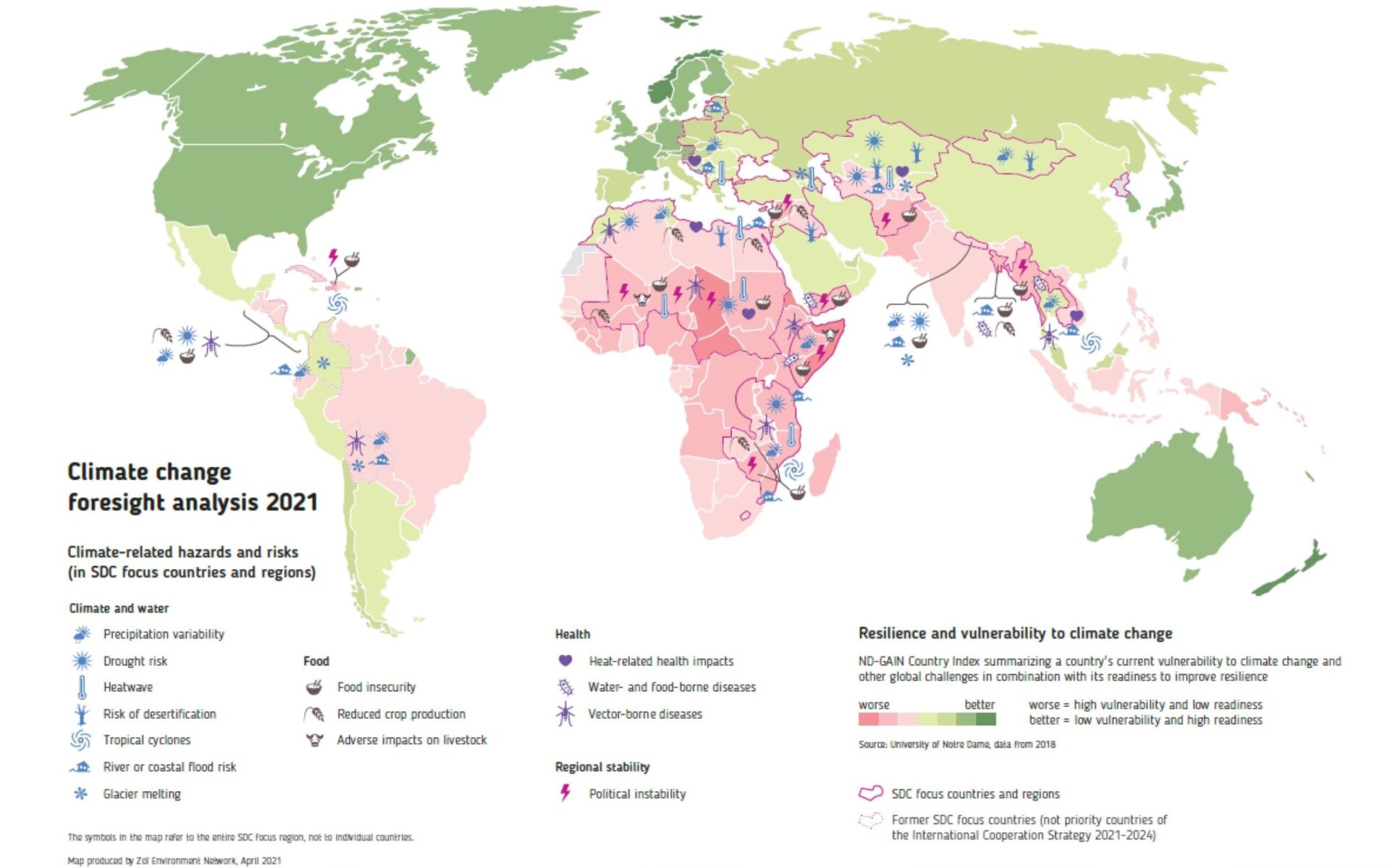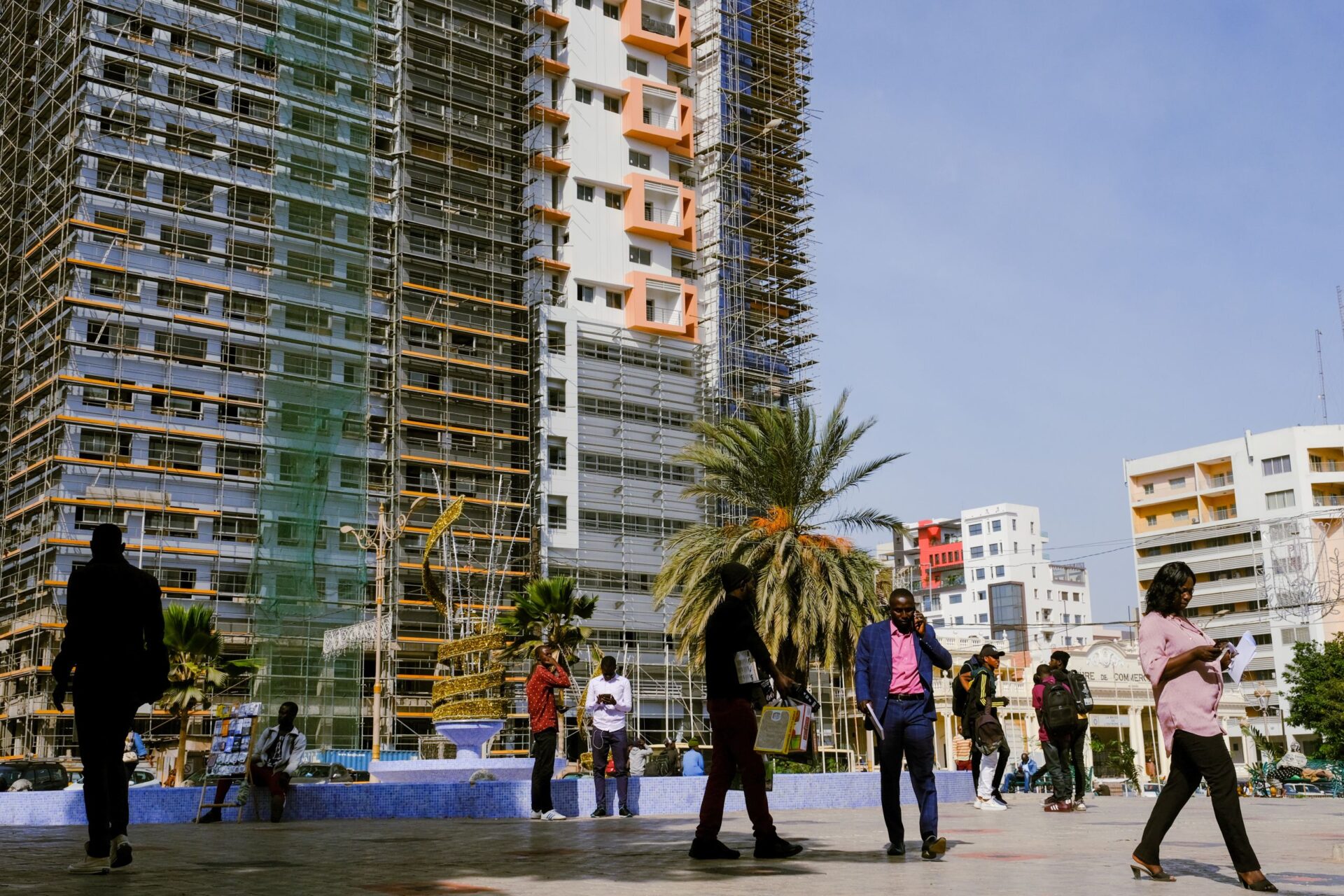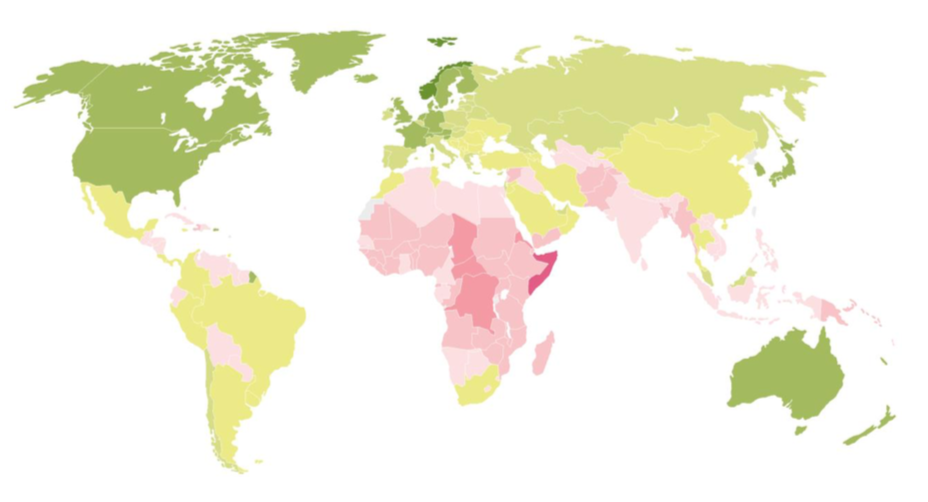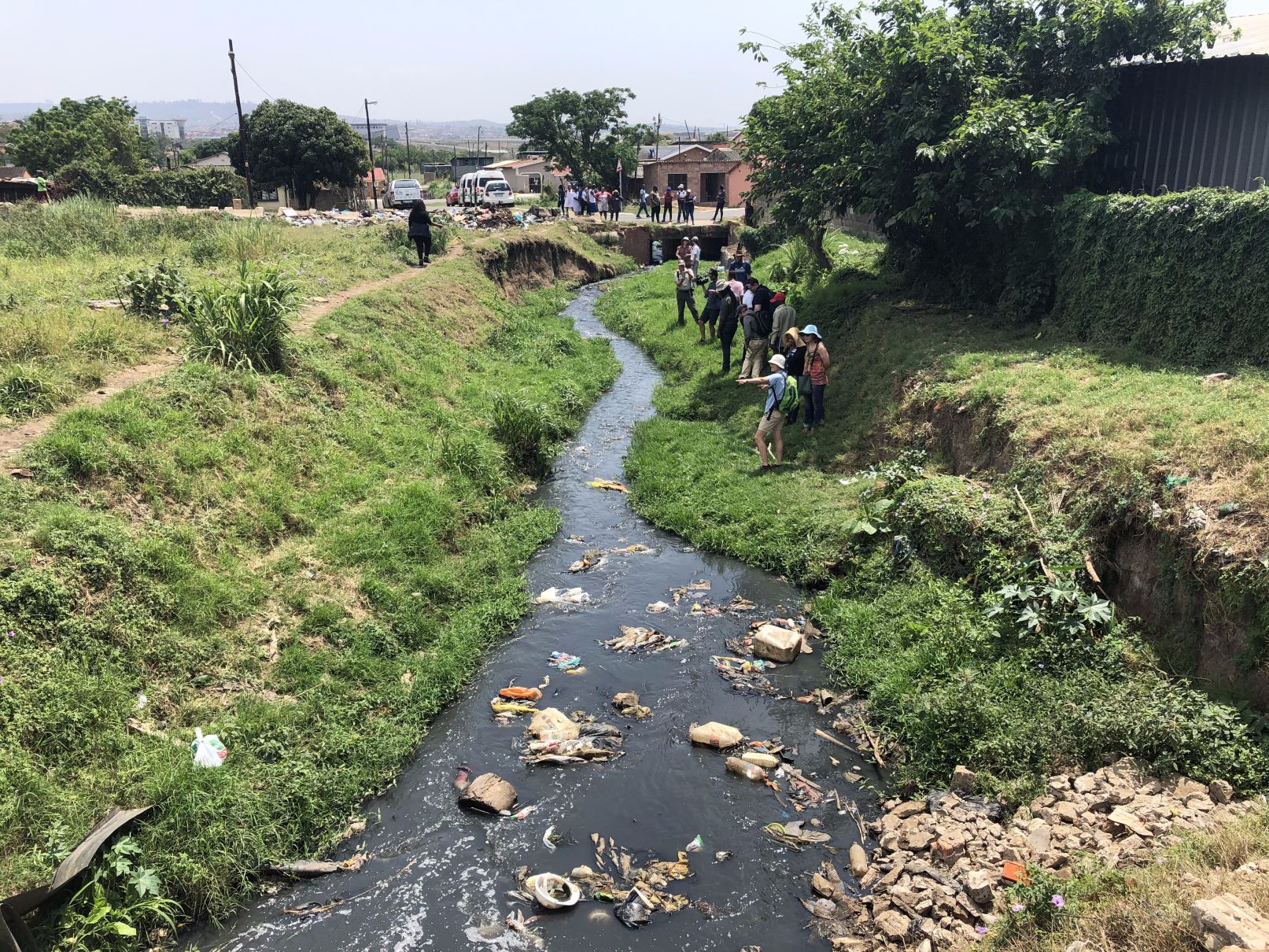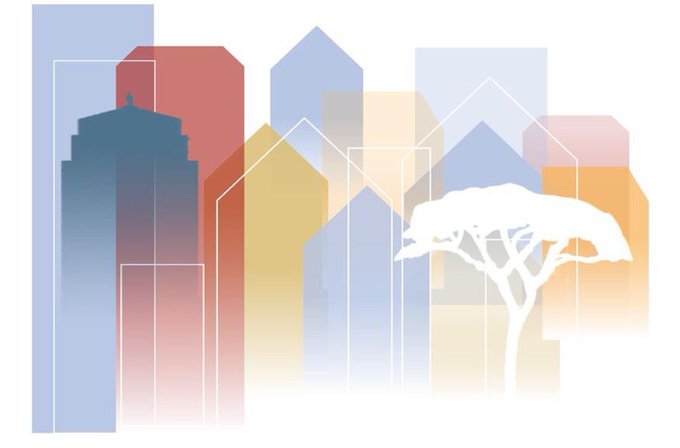Southern Africa
An African perspective on transboundary and cascading climate risks
Learn about how transboundary and cascading climate risks could impact different African regions, with a focus on East Africa, West Africa and Southern Africa, in this Adaptation Without Borders discussion brief. Also explore the role of national and regional adaptation plans in managing these risks.
Understanding and Supporting Climate-sensitive Decision Processes in Southern African Cities Review
Find out about recent research on how climate information is brought to bear on decision-making in southern African cities. Development of sustainable cities needs to be based on robust climate information while also involving local communities.
Principles for Co-Producing Climate Services: Practical Insights from FRACTAL
Explore principles for co-producing climate services based on FRACTAL project evidence and experiences through this working paper.
The IPCC’s Sixth Assessment Report: Impacts, Adaptation Options and Investment Areas for a Climate-Resilient Southern Africa
This factsheet summarises what the IPCC AR6 says about how Southern Africa will be impacted by climate change and its options and potential for adaptation.
FRACTAL Principles
Throughout the FRACTAL project, the team determined several lessons for research and society, particularly with regard to working towards inclusive, contextual, and proactive climate research and action. Engage with the principles that underpinned the climate resilience work in the project.
SDC Climate change foresight analysis 2021: Global and regional risks and hotspots
This 2021 foresight report provides information about short- and medium-term climate-related risks and analyses these risks with regard to water, food, health and regional stability.
Learning from climate change perceptions in southern African cities
This study provides commentary about climate change risk perceptions in an urban southern African context.
SDC Climate change foresight analysis 2020: Global and regional risks and hotspots
This foresight report provides information about short- and medium-term climate-related risks and analyses these risks with regard to water, food, health and regional stability.
Pathways to transformative climate adaptation in southern African cities
A review of academic and grey literature addressing transformative adaptation, with a focus on cities, including two case studies, Durban in South Africa and Harare in Zimbabwe.
Co-exploratory climate risk workshops: Experiences from urban Africa
The paper describes a place-based co-exploratory analysis of climate risks.
